I’m a big fan of living in Ghana, but just like anywhere else in the world, life here isn’t always sunshine and rainbows. Even though I love the work I do with the Banko Women Organization, I run the hostel, and I truly feel at home here—life in Ghana, like life anywhere, comes with its challenges. The key is learning how to turn those tough moments around.
There are plenty of things that can be difficult about living here, and they really depend on who you are and what your situation is. What feels hard or frustrating to one person might not bother someone else at all. It makes a difference where in Ghana you live, whether you’re a man or a woman, your mood that day, how much money you have to work with, and your reason for being in Africa in the first place.
This blog isn’t meant to be a rant—it’s an honest look at some of the challenges you might face, especially if you’re planning to move here temporarily or volunteer. Because the more prepared you are, the easier it is to face those challenges with a positive mindset.
Yes, you stand out. Always.
Obruni is the word used in Twi—a local language and the most widely spoken in Ghana—for white people or foreigners. It’s one of nearly a hundred languages spoken here. Being an obruni can sometimes feel like you’re glowing in the dark—there’s no way to blend in. And that can be exhausting when you just want to be for a moment.
What helps me is reminding myself that most people truly mean well. They want to greet you, they don’t know your name so they use the most descriptive one, or they’re simply curious and up for a chat. And if that reminder doesn’t do the trick, try to remember that greetings and social interaction are deeply woven into the culture here—people greet everyone.
If you’re having one of those days where you just can’t deal, plan your route to avoid the school at break time or steer clear of busy places. Or, flip it entirely and see if a few small chats—say at the market—can shift your mood.
It’s important to name something here: standing out is not the same as being oppressed. Racism against white people doesn’t exist. But that doesn’t mean it’s not tiring to be in the spotlight all the time. It’s okay to acknowledge that—as long as you also keep the bigger picture in mind.
Getting Anything Done Takes Forever—Seriously
Whether it’s paperwork, permits, opening a bank account—you name it, it’s going to take a while. That’s just a fact of life in Ghana. And getting annoyed about it won’t help you one bit. My number one tip? Just assume it’s going to take ages.
Don’t sit there silently steaming with frustration—it won’t make things move any faster. In fact, it might even cause you to snap at someone behind the desk. And trust me, you really don’t want to do that, because you need those people to help you.
So don’t schedule anything else that day, except maybe a little reward for yourself once it’s all done. Bring a book, your earbuds, whatever helps you pass the time. It might not be efficient, but with the right mindset, it doesn’t have to ruin your day.
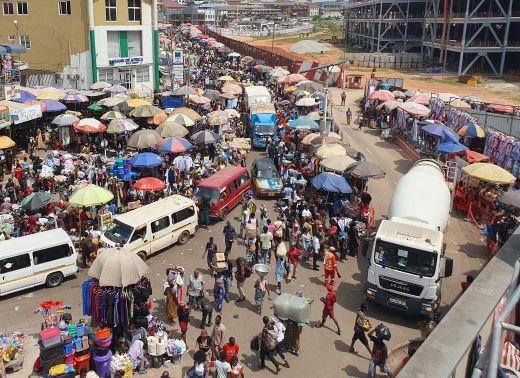
Traffic in Ghana Is the Worst
In our village, things are calm and quiet. But the second you hit Kumasi, Accra, or any major city—boom—total chaos. The traffic is just… intense.
Now, how do you deal with that kind of frustration? Honestly, I think this one’s a tough nut to crack. It’s incredibly annoying when you’re late for a meeting because the roads were jammed. Or when you only manage to get through half of your to-do list. Or—speaking from personal experience—when you’re sweating like crazy in the car while your kids ask for the tenth time how much longer it’s going to take…
Once again, mindset matters. Try to expect delays. If you’re staying in the city longer term, it helps to figure out peak traffic times and plan your day around them. And when you just can’t deal? Skip it. If you have the option to stay put, take it. Of course, I know that’s not always possible—but when it is, it’s worth it.
Help, Men Always Want My Phone Number
In general, Ghanaians love calling people—while most foreigners tend to prefer WhatsApp or Telegram. I’ve seen some of my Ghanaian friends scroll through their contact list just to call folks they haven’t spoken to in a while, just to ask how they’re doing. Super sweet, honestly.
But… it gets awkward fast when you’re the one getting a call from someone you maybe met once.
And yes, Ghanaian men do tend to ask for your number. A lot. And they often don’t take the hint when you’d rather not hand it over. Some guys won’t back off with a polite “no.”
So—be clear. If you find it hard to be direct, try using humor. “My husband wouldn’t be thrilled about that…” tends to work like a charm—even if your husband only exists in your imagination.
Ghana Is Loud
Ghana is not the land of silence. Even in the village, you’ll hear churches on Sundays and the occasional announcements blasting through the community loudspeakers. In the cities, it gets even more intense—traffic, music, church services, markets… it all adds up.
If you’re someone who thrives on peace and quiet, bring earplugs. Seriously. And try to carve out moments in nature when you can. Or swing by the BWO Hostel—most days, the loudest things you’ll hear are chirping birds, clucking chickens, and the occasional bleating goat.
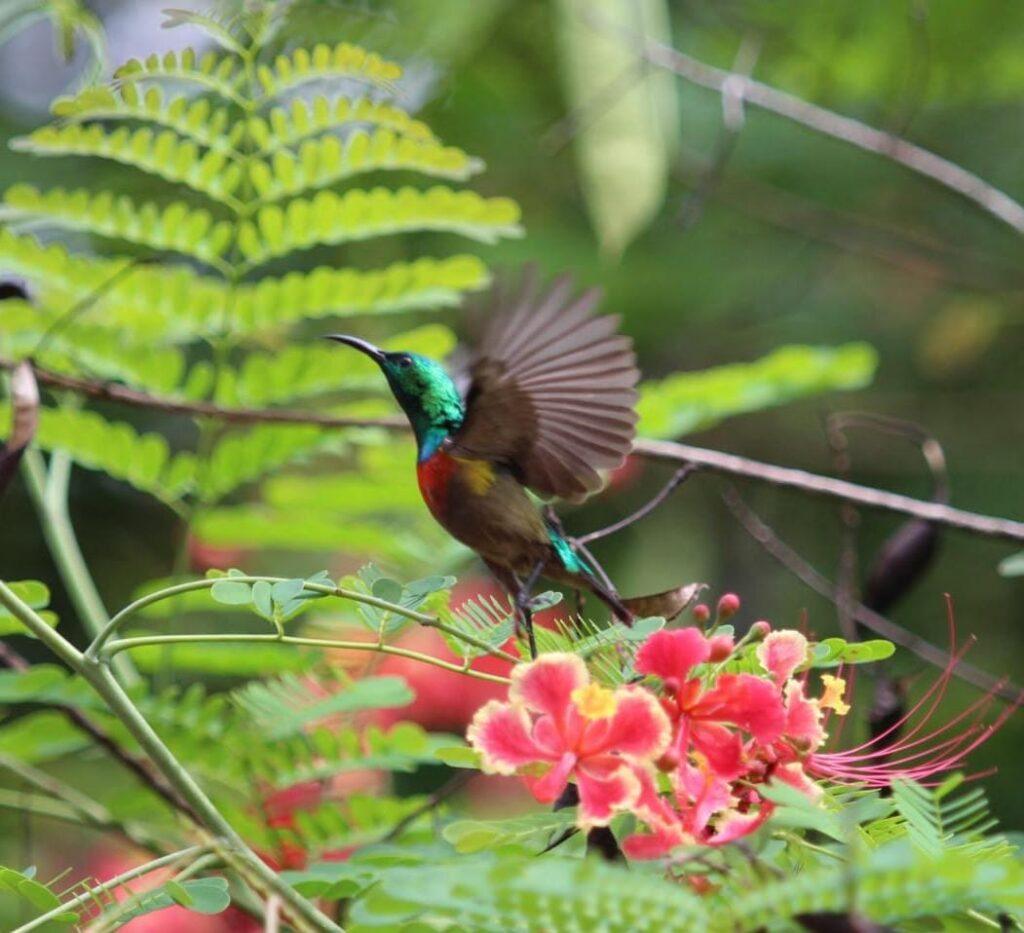
Everyone Has a Request for You
Sometimes, all you want is to just be. In silence. Without any conversations or people asking for something. Especially when your mind is full or you’re feeling tired, it can be overwhelming when everyone on the street wants something—a chat, a number, a favor.
The trick? Intentionally seek out some quiet time. Schedule some “me time.” Take a walk in a peaceful spot. Or give yourself permission to skip the social chit-chat today. And remember: it’s okay to not be available sometimes.
Living in Ghana is expensive
This is true if you live in the city, buy all your groceries from supermarkets, rely heavily on imported goods, enjoy lots of activities, and always take Uber or have your own car. Things get even pricier when children go to school.
Don’t get me wrong – work permits and similar expenses are quite costly for everyone. But if you choose to live more like a local, you really don’t need a Western income to live comfortably in Ghana.
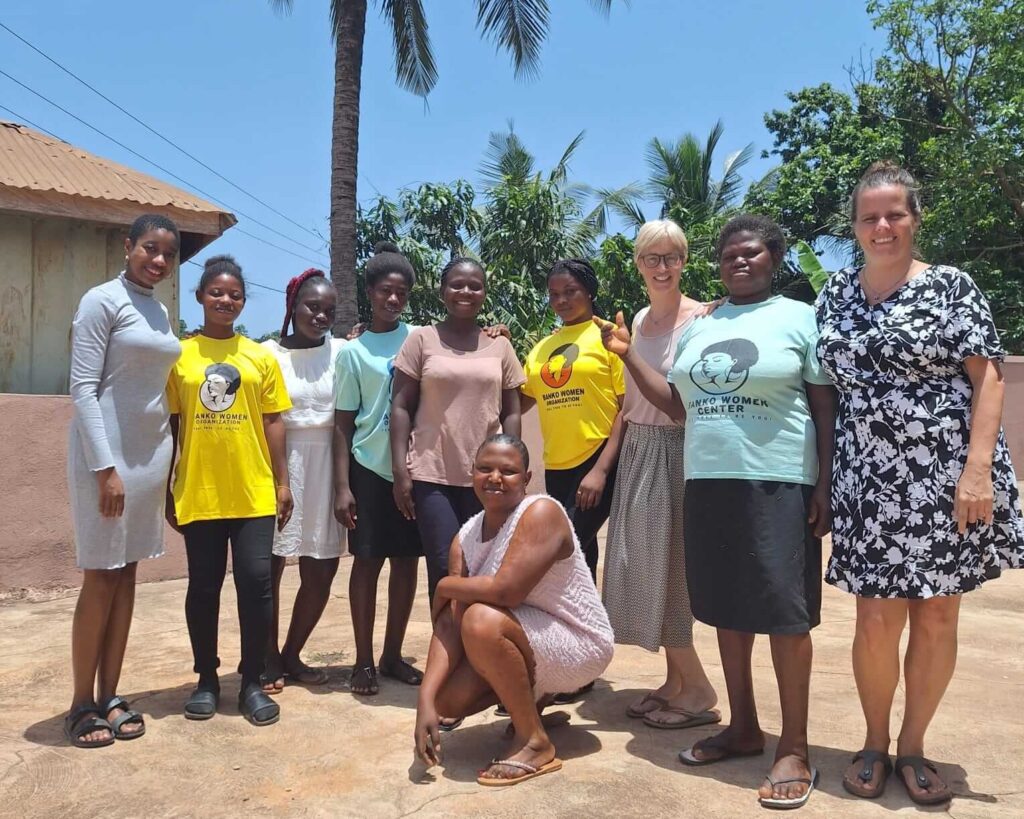
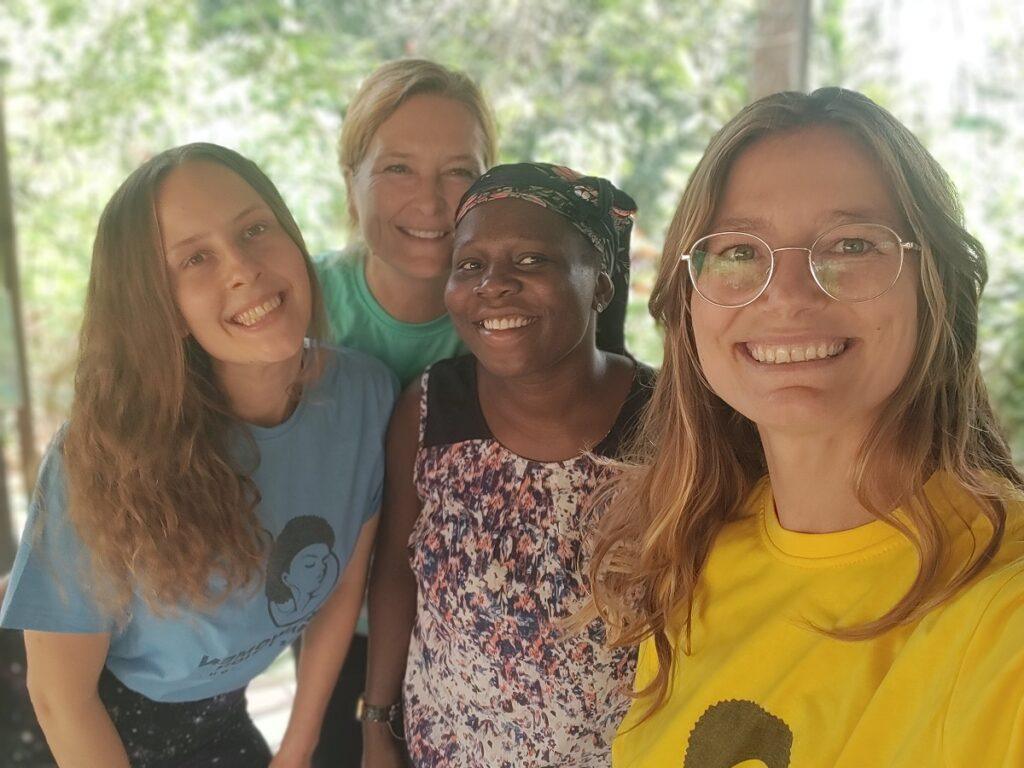
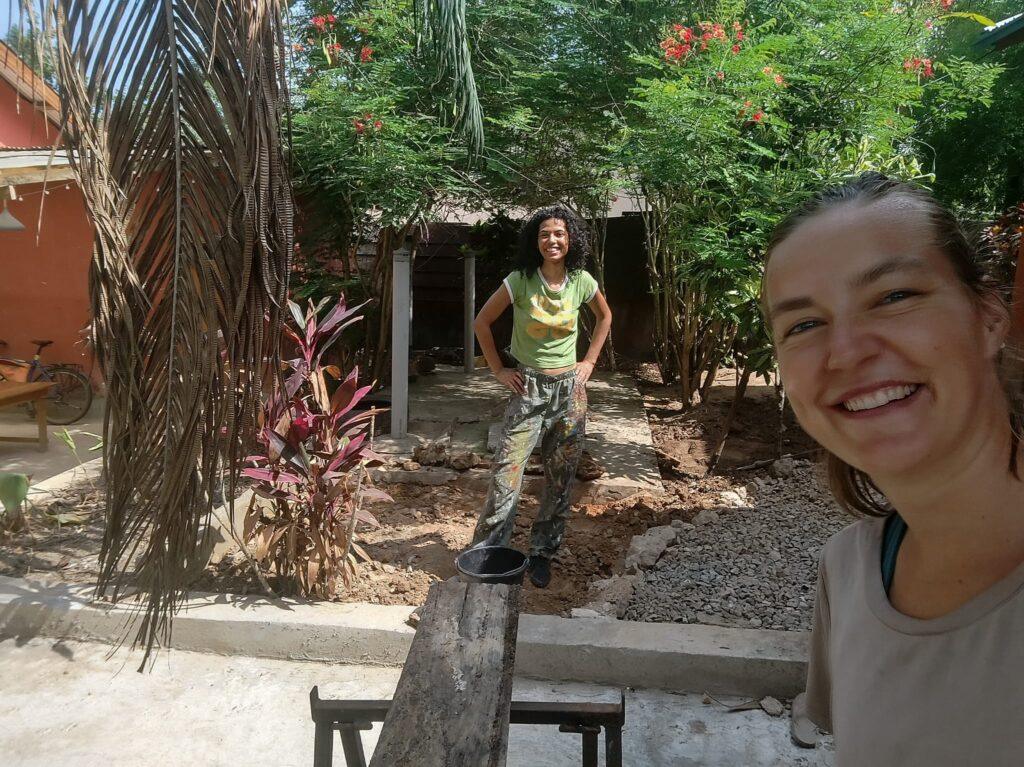
Adapting and Contributing
Living in Ghana sometimes requires a bit of adjustment, flexibility, and a sense of humor. But it’s in those moments of awe and occasional frustration that the real strength of connection and growth lies. By genuinely wanting to understand each other’s cultures, space is created for mutual respect and equality—values we work on every day at Banko Women Organization.
Want to make the most of your time here? Consider volunteering (temporarily) at Banko Women Organization. Not only will you be helping to empower women, but you’ll also discover a side of Ghana beyond the clichés. A Ghana where reciprocity, collaboration, and equality are at the heart of everything we do.


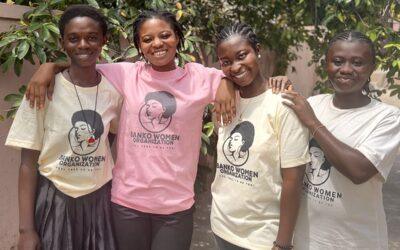
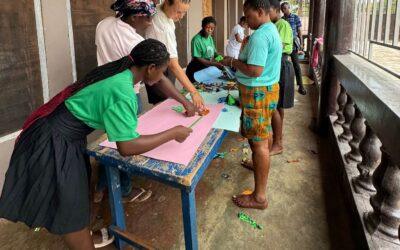

0 Comments